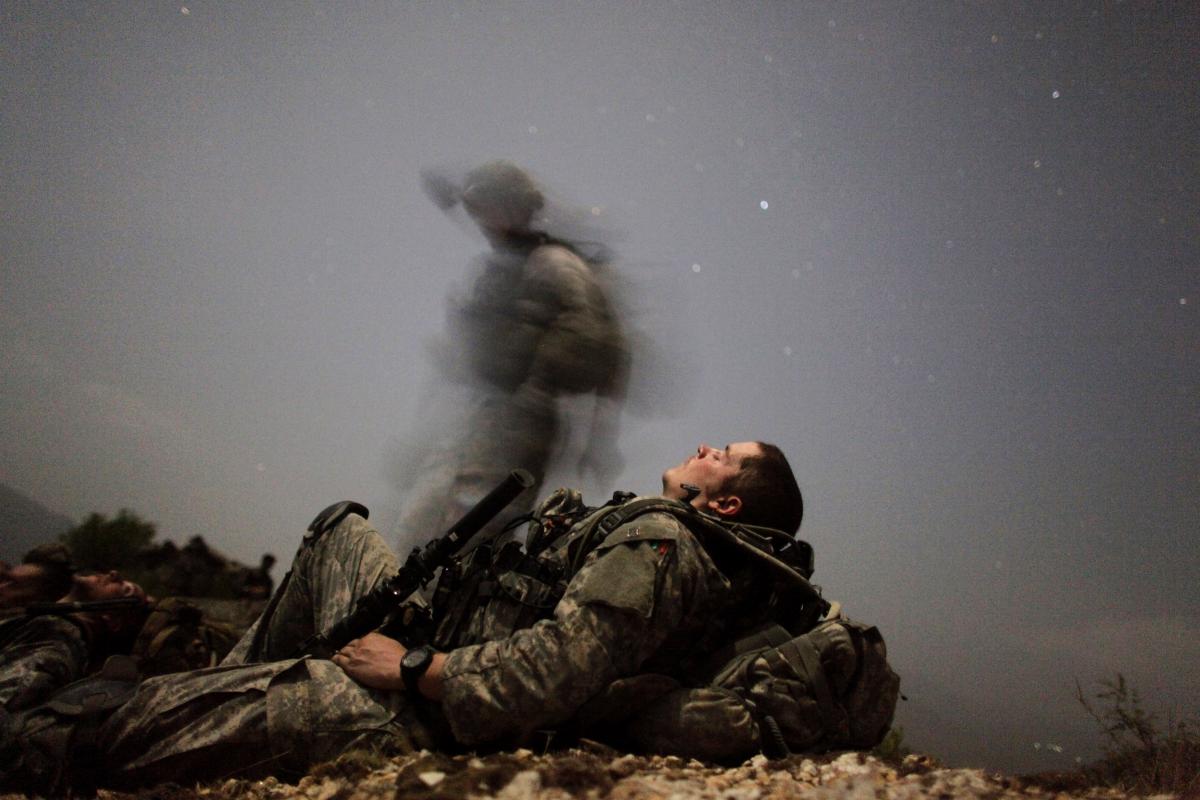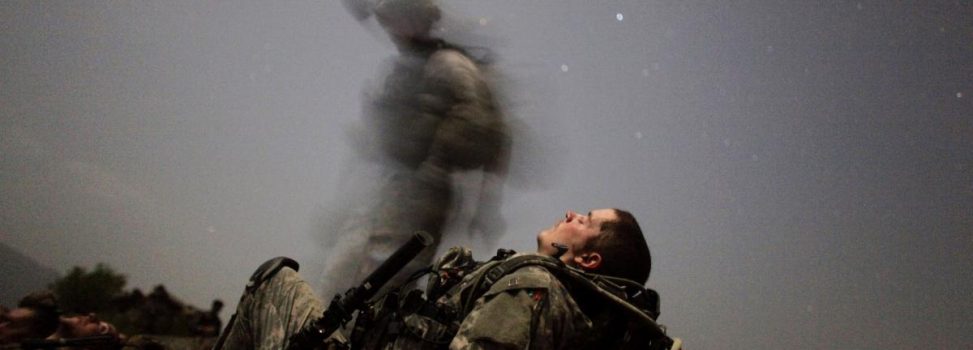Lessons of the Trump Years…
Dr. Andrew Bacevich, Jr.
American historian, Professor (Emeritus) Boston University
Thursday, Nov. 19, 2020 at 09:00 am Pacific Time (US and Canada) via Zoom
If you are an NSF member, you will receive an invitation by email to this online event. Please check your email and RSVP your attendance. If you would like to attend this meeting, become a member today!
Well, November 2020 is one for the history books. When I started drafting this announcement we were headed to the polls. It is now nearly a week later, the election has finally been called with final vote counts still being tallied, recounted and certified. On Monday 14 December, electors from each state will cast their votes and it will officially be over. Congratulations to everyone for surviving a long and contentious election season! Now we can all turn our attention back to surging COVID19 cases and foreign policy.
If you missed any of our recent Zoom programs, please check out the recordings posted on our website. Please also stay tuned for upcoming invited commentaries on timely topics. To watch videos of our past programs, read commentaries, and learn about our upcoming programs, and stay connected to NSF news and events visit our website regularly. Scroll down on the landing page to get to our video links): NSF Website
Program details for our upcoming program:
As we refocus our attention on critical foreign policy decision-making, NSF is honored to have an esteemed expert, historian, and writer join us to reflect on the past few years and challenge us to think and rethink the role of American power and military engagement in shaping our foreign policy. Perhaps most importantly, Dr. Bacevich and our own Dr. Ty Cobb share an academic past having served together as faculty at West Point.
Dr. Andrew Bacevich promises to stimulate the parts of our brains that may have been consumed by other topics over the last few months and to help us take stock of what it means to demilitarize U.S. Foreign Policy. As a historian, prolific writer, and scholar of American diplomatic and military affairs, Dr. Bacevich speaks from a unique vantage point encouraging us to assess where U.S. foreign policy is now and where it should be going in the future. I cannot, in good conscience, begin to capture the breadth and depth of Dr. Bacevich’s writings, so I will let him introduce the topic in his own words. Please join us to on the 19th to learn more and contribute your thoughts.
The following is excerpted from Dr. Bacevich’s 18 September article in Foreign Affairs entitled “The Endless Fantasy of American Power.” You can read the full article at: https://www.foreignaffairs.com/articles/united-states/2020-09-18/endless-fantasy-american-power
“In this year’s presidential election campaign, candidates have largely sidestepped the role of armed force as an instrument of U.S. policy. The United States remains the world’s preeminent and most active military power, but Republicans and Democrats find other things to talk about.
Ever since the end of the Cold War, successive administrations have enthusiastically put U.S. military might to work. In the last three decades, the flag of the United States Army has accumulated 34 additional streamers—each for a discrete campaign conducted by U.S. troops. The air force and navy have also done their share, conducting more than 100,000 airstrikes in just the past two decades.
Unfortunately, this frenetic pace of military activity has seldom produced positive outcomes. As measured against their stated aims, the “long wars” in Afghanistan and Iraq have clearly failed, as have the lesser campaigns intended to impart some approximation of peace and stability to Libya, Somalia, and Syria. An equally unfavorable judgment applies to the nebulous enterprise once grandly referred to as the “global war on terrorism,” which continues with no end in sight.
And yet there seems to be little curiosity in U.S. politics today about why recent military exertions, undertaken at great cost in blood and treasure, have yielded so little in the way of durable success. It is widely conceded that “mistakes were made”—preeminent among them the Iraq war initiated in 2003. Yet within establishment circles, the larger implications of such catastrophic missteps remain unexplored. Indeed, the country’s interventionist foreign policy is largely taken for granted and the public pays scant attention. The police killing of Black people provokes outrage—and rightly so. Unsuccessful wars induce only shrugs.” (Foreign Affairs, 18 September 2020)
Remember that our Zoom webinars are open to the first 100 registrants, so please register early. If you decide that you can’t make it later please delete your registration to allow others to join.
Andrew Bacevich, Jr., PhD is an American historian specializing in international relations, security studies, and American foreign policy. He is Professor Emeritus of International Relations and History at Boston University School of Global Studies. Dr. Bacevich grew up in Indiana, graduated from West Point and Princeton, served in the army, holding posts in Germany and the Persian Gulf, retiring from the service with the rank of colonel. After leaving military service he became an academic and now, a writer. He is an author, co-author, or editor of more than a dozen books, among them The New American Militarism, The Limits of Power, Washington Rules, America’s War for the Greater Middle East, and The Age of Illusions: How America Squandered Its Cold War Victory. He is also co-founder of the Quincy Institute for Responsible Statecraft, a Washington think tank. Andrew holds a Ph.D. in American Diplomatic History from Princeton University and has taught the next generation of leaders at West Point, Johns Hopkins University and Boston University.


